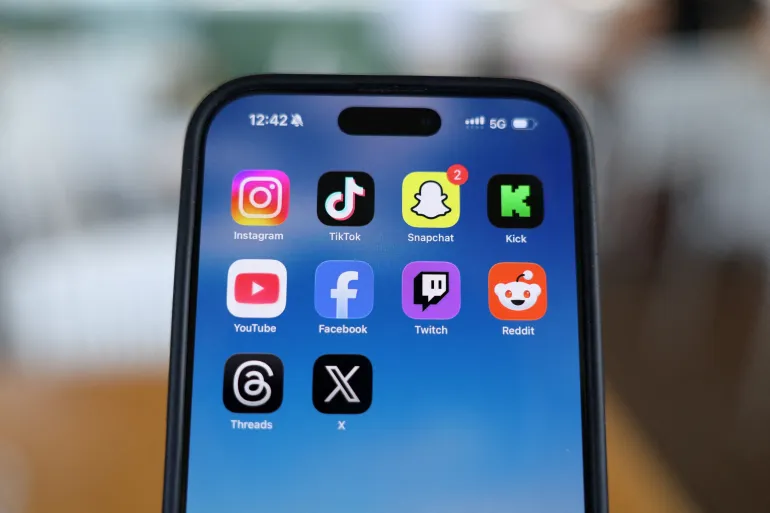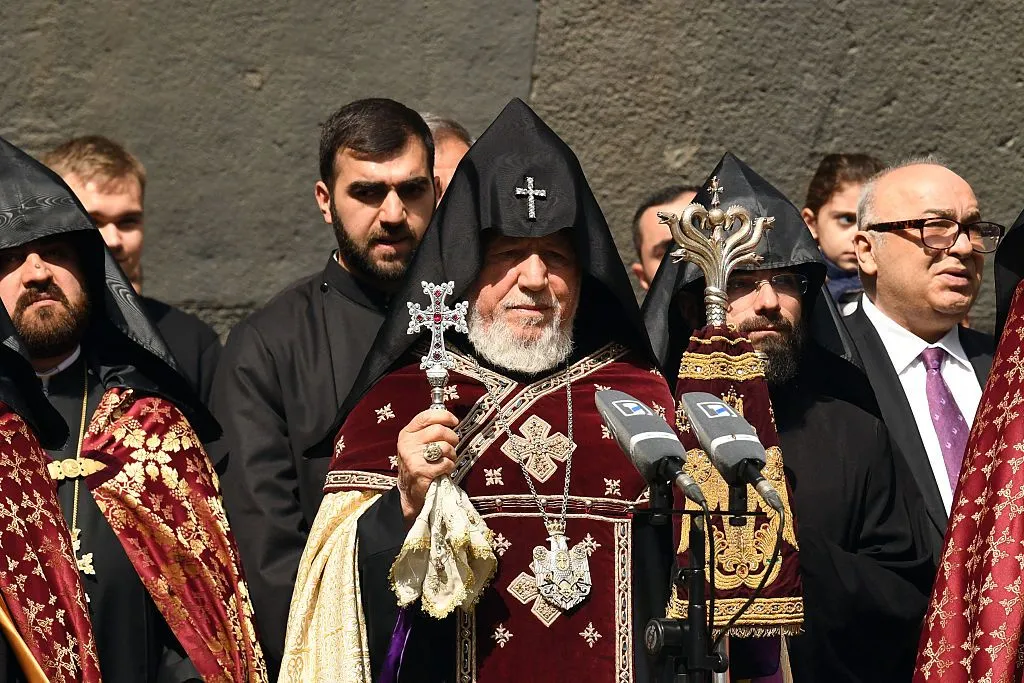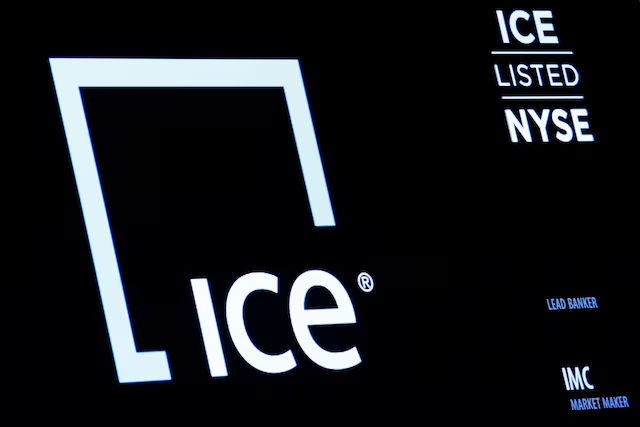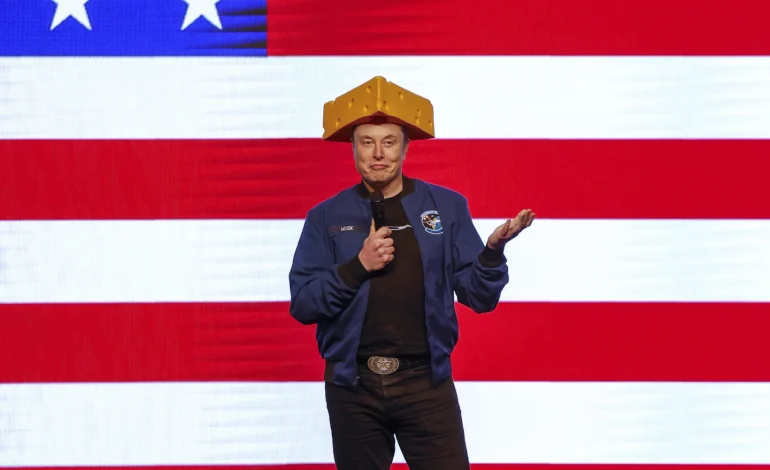Elon Musk, the world’s richest person and a high-profile figure in recent political campaigns, announced this week that he plans to reduce his political spending—an announcement that follows a significant and costly loss in Wisconsin’s Supreme Court race earlier this year, the Associated Press reports.
The billionaire’s involvement in the Wisconsin election marked one of his most ambitious political efforts to date. Musk not only contributed at least $3 million of his own money but also backed additional spending through political groups like America PAC and Rebuilding America’s Future, which together poured roughly $19 million into the race. Despite the unprecedented spending, the candidate Musk supported, Republican Brad Schimel, lost the statewide race by 10 percentage points, including a narrow loss in Brown County, where Musk made a personal campaign stop just days before the election.
Musk’s defeat in Wisconsin came after his broader alignment with the Trump administration, where he led the Department of Government Efficiency (DOGE), an effort focused on deep cuts to federal spending and agency reductions. While DOGE has made headlines, it has largely fallen short of its stated goals, and Musk’s popularity has seen a notable decline. A poll conducted shortly after the election showed Musk’s favorability dropping from 41% in December to just 33%.
Democrats in Wisconsin framed the Supreme Court race as a battle between voters and Musk’s influence, coining it the “People vs. Musk.” Democratic leaders celebrated the outcome as a victory for grassroots organizing over billionaire influence.
“The people have won,” said Wisconsin Democratic Party Chairman Ben Wikler. “The biggest funder in Republican politics is taking his toys and going home.”
However, political observers suggest Musk’s retreat from high-profile campaigning may be temporary.
“Does he bring with him a lot of baggage? Possibly,” said Brandon Scholz, a retired Republican strategist. “But over time, maybe not as much.”
Musk’s involvement extended beyond financial contributions. In a high-profile appearance in Green Bay, he wore a Packers cheesehead hat and handed out $1 million checks to campaign supporters. He also offered individual financial incentives to voters and campaign volunteers, including payments for signing petitions and recruiting others.
Despite these efforts, Musk’s tactics became a central issue in the campaign. Democrats successfully turned the race into a referendum on Musk and former President Donald Trump’s influence in Wisconsin. The liberal candidate’s victory ensured continued Democratic control of the state’s high court until at least 2028.
While Musk has publicly stated that he intends to reduce his political involvement and focus more on his business ventures, some remain skeptical.
“This just means they realize how toxic Elon Musk is,” said Democratic US Rep. Mark Pocan of Wisconsin.
State Senator Kelda Roys echoed the sentiment, noting that other wealthy donors may fill the void left by Musk.
Coinciding with Musk’s announcement, Wisconsin Appeals Court Judge Chris Taylor launched her campaign for a 2026 state Supreme Court seat. Taylor, a liberal, signaled a campaign focused on everyday Wisconsinites rather than billionaire-backed agendas.










The latest news in your social feeds
Subscribe to our social media platforms to stay tuned